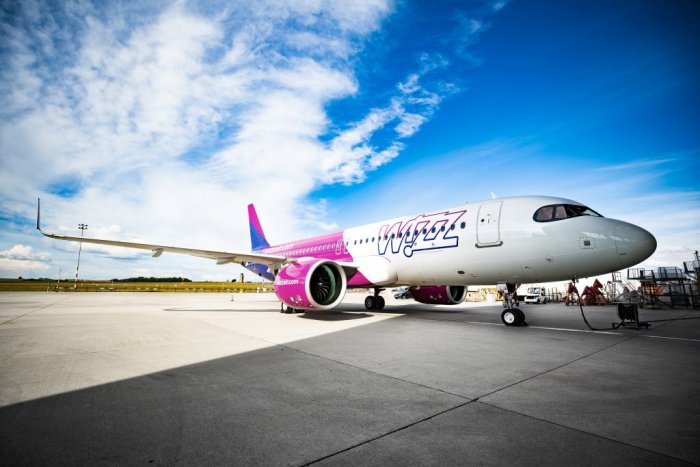Freight transport performance drops 12% in Q1 because of pandemic

Performance of freight transport companies in Hungary was down 12% in the first quarter from a year earlier at 13.5 billion freight-tonne-kilometres as domestic transport performance fell 6.5% and international transport was down 14%, Hungarian news agency MTI reports, citing data published by the Central Statistical Office (KSH).
Cargo volume carried fell 8.7% to 69 million tonnes.
KSH said freight transport performance declined sharply in Q1 2020, partly as a result of measures caused by the coronavirus epidemic. In addition, the performance of the sector was affected by other developments, such as the tightening of road freight regulations in the European Union and the stagnation of the automotive industry. The decline was greater internationally, with road freight transport being the most affected.
Trucks and lorries accounted for about 62% of the sectorʼs total performance in Q1. Railways accounted for 19%, pipelines for 13% and ships and barges for as little as 4%.
The performance of local road transport companies dropped 14pc to slightly over 8.4 bln freight-tonne-kilometres and the volume of goods carried fell 9.4% to close to 44 million tonnes. Domestic road transport fell 8% in tonnes and was down 4.9% freight-tonne-kilometres. In international road transport, volume fell 15% and performance fell by 19%.
Railway companies carried 11.9 mln tonnes of freight, 15% less, and their performance fell 5.9% to 2.7 bln freight-tonne-kilometres.
Around 2.2 mln tonnes of goods were transported using waterways and 10.7 mln tonnes using pipelines. Volume was down 4% for waterways but up 1.7% for pipes.
Local passenger transport companies carried 500 mln passengers in Q1, 9.1% fewer than a year earlier. The performance in passenger kilometres was down 9.2%.
In the long-distance passenger transport segment, companies carried 155 mln passengers during the period, down 4.3%. The performance of the segment fell 11% to 6 bln passenger-kilometres, according to unadjusted data.
Passenger numbers at the Budapest Liszt Ferenc international airport fell 12% to 2.8 mln mostly because of a 58% drop in the month of March.
The number of passenger cars registered for the first time in Hungary was 70,000 in Q1, down 4.4% from Q1 2019. Used cars accounted for 51% of the total.
SUPPORT THE BUDAPEST BUSINESS JOURNAL
Producing journalism that is worthy of the name is a costly business. For 27 years, the publishers, editors and reporters of the Budapest Business Journal have striven to bring you business news that works, information that you can trust, that is factual, accurate and presented without fear or favor.
Newspaper organizations across the globe have struggled to find a business model that allows them to continue to excel, without compromising their ability to perform. Most recently, some have experimented with the idea of involving their most important stakeholders, their readers.
We would like to offer that same opportunity to our readers. We would like to invite you to help us deliver the quality business journalism you require. Hit our Support the BBJ button and you can choose the how much and how often you send us your contributions.









